From a young age, freshman Abby Harrison has had one dream — to become an astronaut.
“When I was younger, my dad read to me from this book called The Universe. It was a massive coffee table book, and he would read it to me every night before going to bed. So that was one of the main things that sparked my interest in space,” she stated, “I just started saying, ‘I want to do that. I want to be an astronaut.’”
Along with her parent’s encouragement, Harrison credits the Girls in Engineering, Mathematics, and Science (GEMS) program at her school for initiating her interest in the fields of science, technology, engineering and mathematics (STEM).
Freshman Carolyn Kocken, who also participated, describes the GEMS program as “teaching a bunch of girls science skills that they wouldn’t normally learn. For so many years, it was mainly men in [the] science [career fields] and there are still a minority of women, so it teaches women to become more powerful and more present in those fields.”
For decades, men have dominated STEM career fields. While the gender gap has closed significantly in the last fifty years, women still only make up 26% of the workforce in STEM careers, according to a 2010 study by the American Association of University Women. However, compared to 11% in 1960, this is a significant improvement.
The disparity of women interested in STEM career paths has become clear before even reaching college or the workforce. According to the study, high school girls took about 42,000 fewer Advanced Placement tests than boys in STEM subjects in 2009. Over 350,000 tests were taken by girls in a range of STEM subjects, including calculus, physics, and computer science, while approximately 392,000 test were taken by boys in the same subjects that year.
Through GEMS, more girls have been able to explore their interests in science beginning at a younger age. Within the Minneapolis Public School, about 12 elementary and middle schools offer the GEMS program, which usually begins in the fifth or sixth grade. According to Harrison, who did GEMS for four years, her GEMS team met weekly to build and program their own robots to complete certain tasks and eventually took their robots to a statewide competition.
Junior Eva Kough, who began participating in GEMS in the sixth grade, thinks that this aspect of the program increased her interest in engineering and technology. “The programming of the robots and getting them to do stuff actually boosted my interest a lot in engineering,” she said.
For the rest of the year, the girls participated in other projects, from carbon dioxide go-carts to circuit boards and rockets. For Harrison, one of the highlights of her GEMS experience was being able to participate in a trip to Costa Rica, organized by her school’s GEMS instructor. On the trip, the students explored the rainforest, asked questions, did their best to answer them, and expanded their scientific knowledge. “We also did water analysis, collected data, and when we got back, we did projects to show what we figured out,” said Harrison.
Kocken says that her experience with GEMS jumpstarted her interest in science and helped focus her interests in certain areas of science. “I first became interested in science in fifth grade when the GEMS program started up,” she said, adding, “[the program] sounded interesting. The more I learned about science through GEMS, the more I became interested in it.”
However, not all girls that participated in GEMS joined the program just for the extensive science, math and engineering opportunities that the program offered, but also the chance to meet new people and be social.
“I did it because the teacher who was doing it was my favorite teacher at the school, and it was kind of just the thing to sign up for,” said Kough. “There were a lot of girls that did it at my school, and we kind of bonded over math.”
Although they can no longer participate in GEMS now that they have made it to high school, both Kocken and Harrison are now GEMS mentors for younger girls at their middle school.
“It’s something I’ve always wanted to do because I had mentors in GEMS that really helped,” said Harrison, “you just keep [the girls] on track, and you help them get to conclusions. Like if they’re having a really hard time with some programming or engineering bit, you say, ‘well, you have a couple options. What are you going to do to figure it out?’ You just help guide them through the process.”
“You help them do what they want to do,” commented Kocken, “like a teacher, almost.”
Despite the fact that there are still more men than women in STEM careers, Kough said that she has not observed that disparity in her math and science classes at South. “I know the stereotype is that guys are better at math and science and girls are better at social studies and English, but I think that it’s pretty even,” she stated.
Harrison concurs, saying that the GEMS program at her school was always more popular than the Guys in Engineering and Science (GIES) program, the male counterpart to GEMS. “At my school, the GEMS team was very very popular, so there’s always been a higher number of girls in GEMS than there has been guys in GIES,” she said.
Harrison hasn’t observed fewer girls than boys in her engineering class here at South, either. “I chose engineering as my elective and I expected that there might be more guys in it. But when I got there, but there’s really not,” she mentioned, “from what I’ve seen of my class, it’s fairly equal.”
Kocken and Harrison are now taking their interest in science and math one step further, by being featured on the nationally broadcast Public Broadcasting Service (PBS) television show, SciGirls. According to the show’s website, “the bold goal of SciGirls is to change how millions of girls think about science, technology, engineering, and mathematics.”
“[The show] is similar to GEMS,” said Kocken, “it’s to inspire girls to be scientists.”
Harrison and Kocken, along with two other aspiring scientists from Washburn High School will be featured in one of the show’s episodes, set to broadcast in 2012. The group of girls was approached by PBS and asked to do the show, and will be teaching viewers about bio-mimicry, which is “where you take things that you see in nature and you adapt them for human use,” as Kocken stated.
For now, when she’s not a GEMS mentor, studying for her five STEM classes, or encouraging girls to be interested in STEM on national television, Harrison is focused on her quest to become an astronaut. “Since I was maybe eleven or twelve years old, [my parents and I have] been really proactive and trying to start stuff up so I can get more experience and start giving me a base to work off of,” she said.
This “base” includes Harrison’s website, astronautabby.com, as well as her Astronaut Abby Facebook and Twitter pages.
“[On my website], I talk about current things in science that I’m doing, my GEMS group, or when I went to go see a couple shuttle launches and when I went to visit space agencies around the world,” Harrison stated, “and then when I don’t have anything really fascinating going on space wise or science wise in my life, I try to tie in other things. Like I post interesting stuff that NASA is talking about doing or other space organizations around the world.”
In the coming years, Harrison hopes to take classes at the University of Minnesota in eleventh and twelfth grade, and eventually go to the United States Air Force Academy to reach her goal of becoming an astronaut.

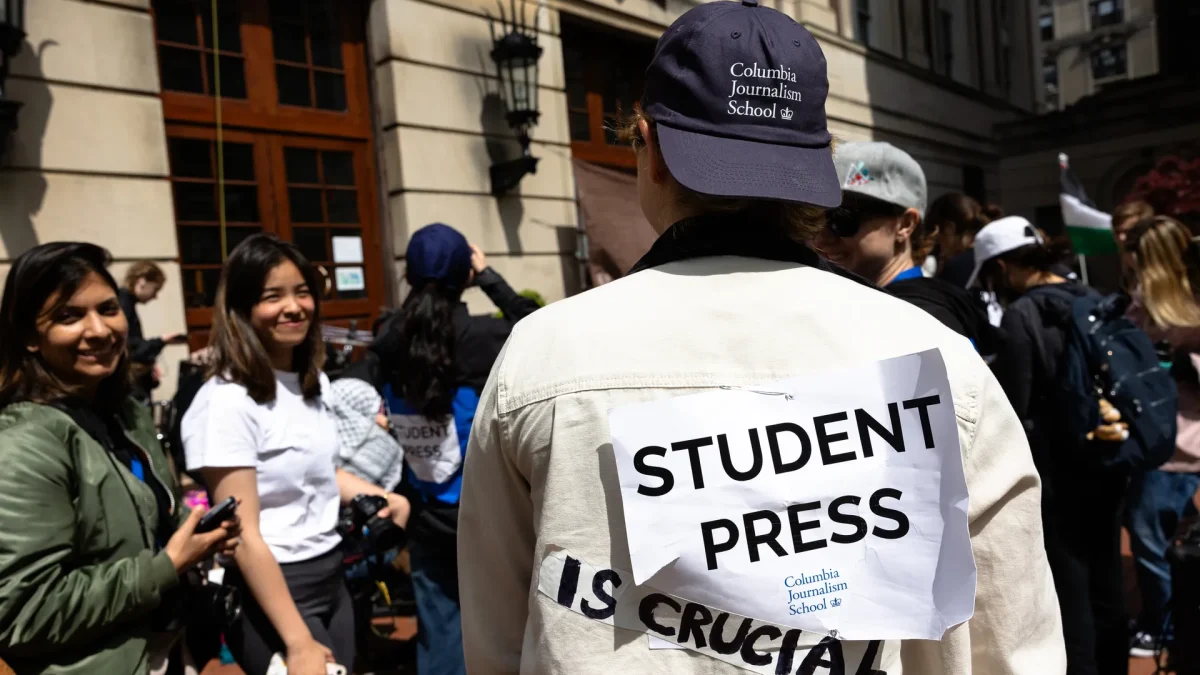



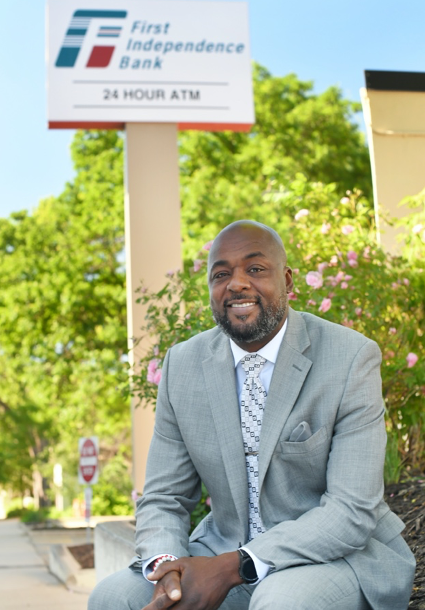
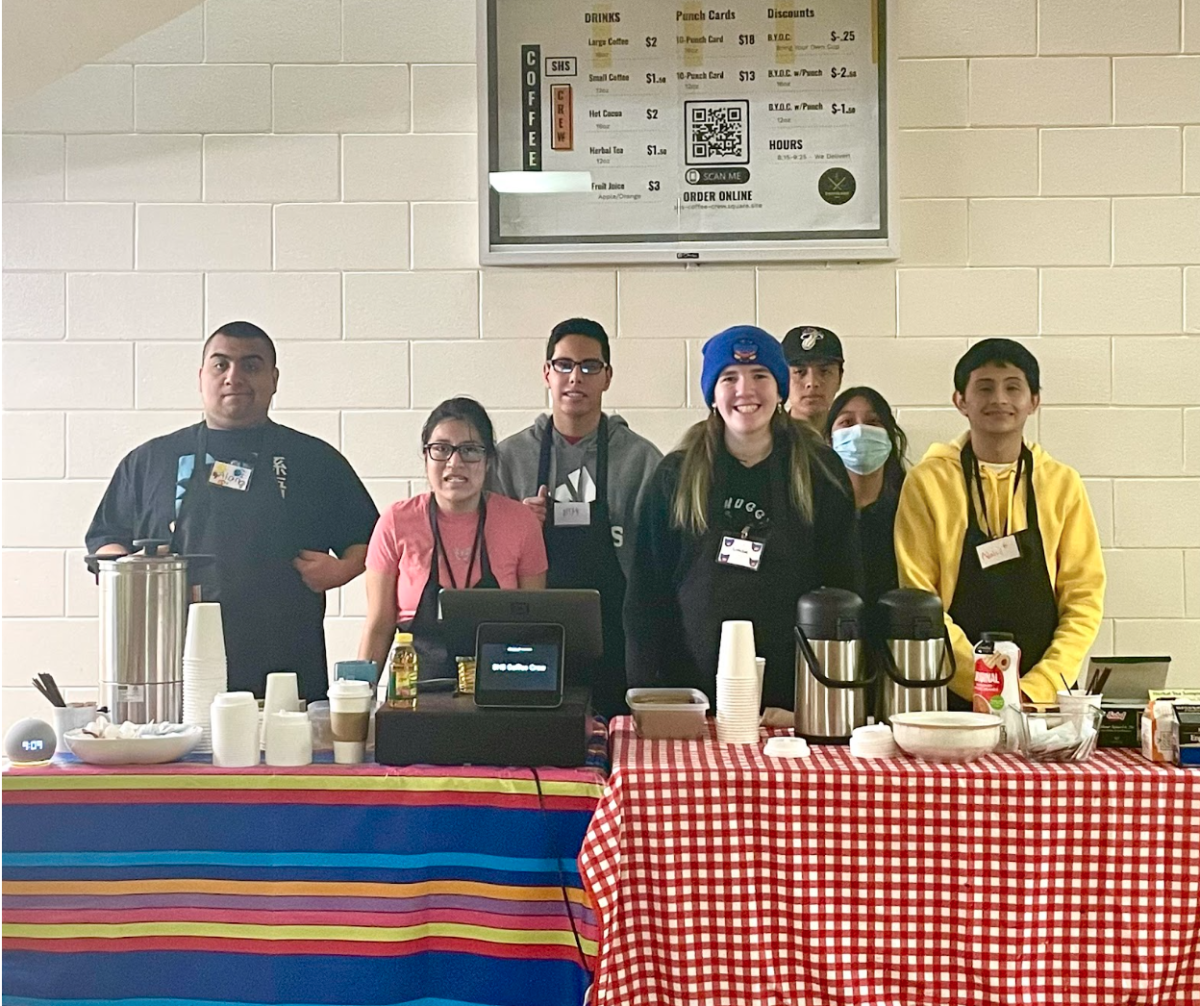
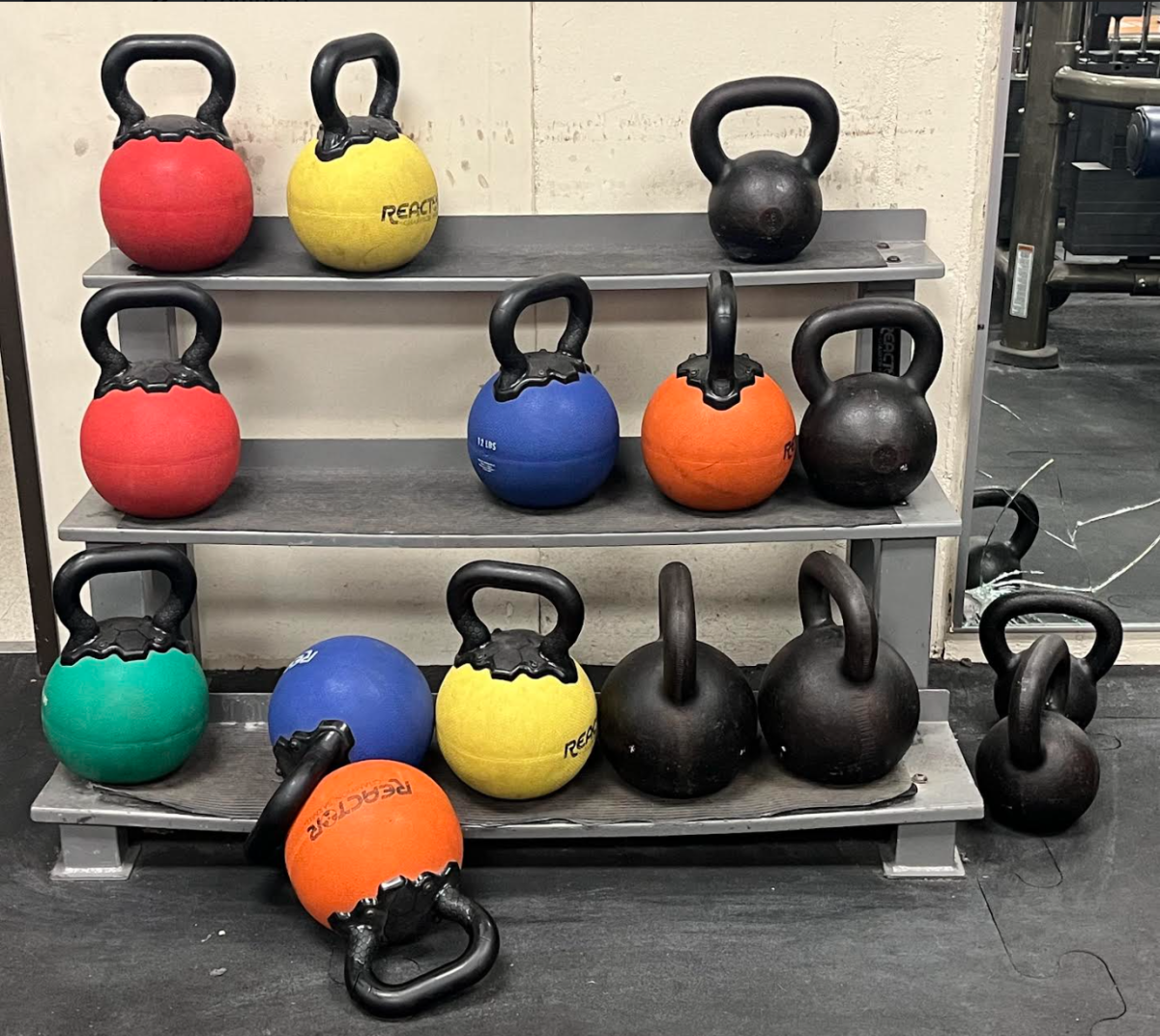
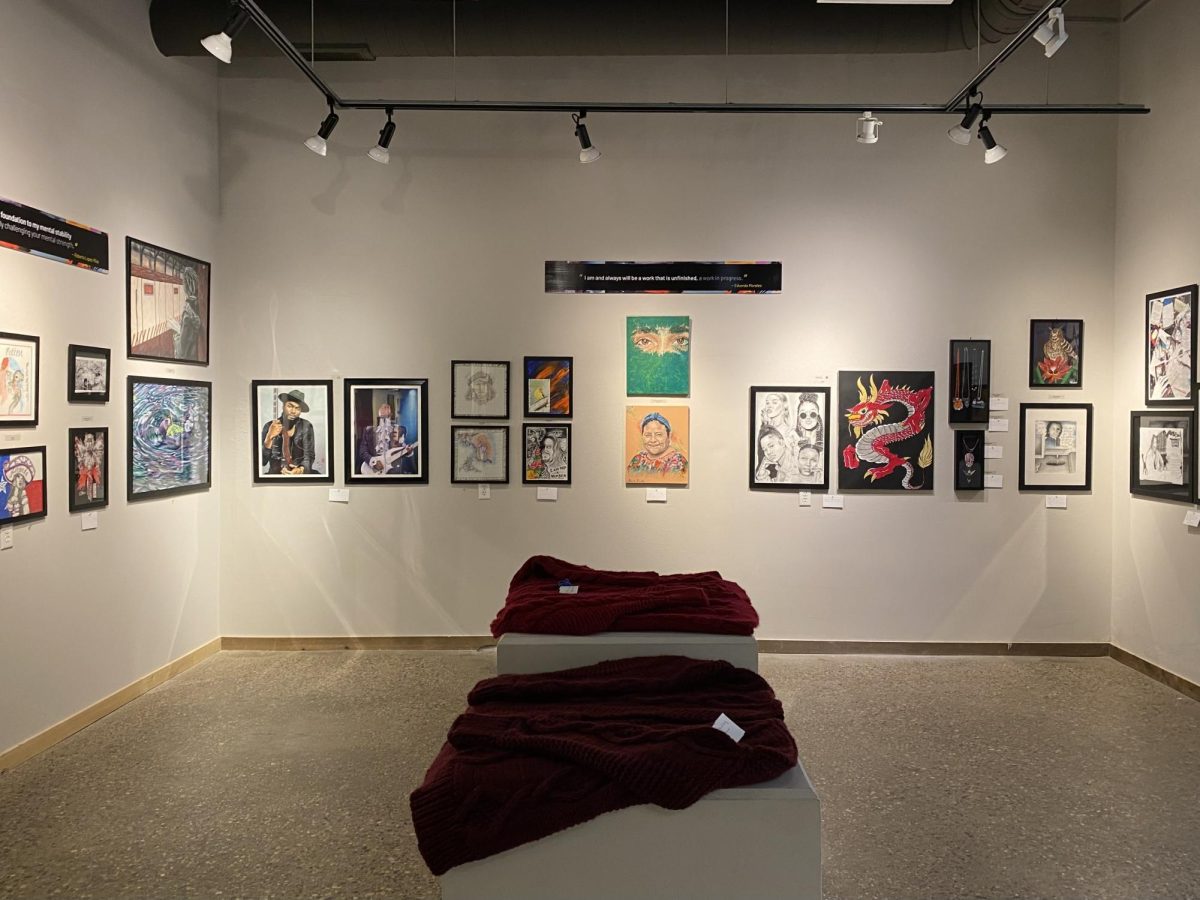
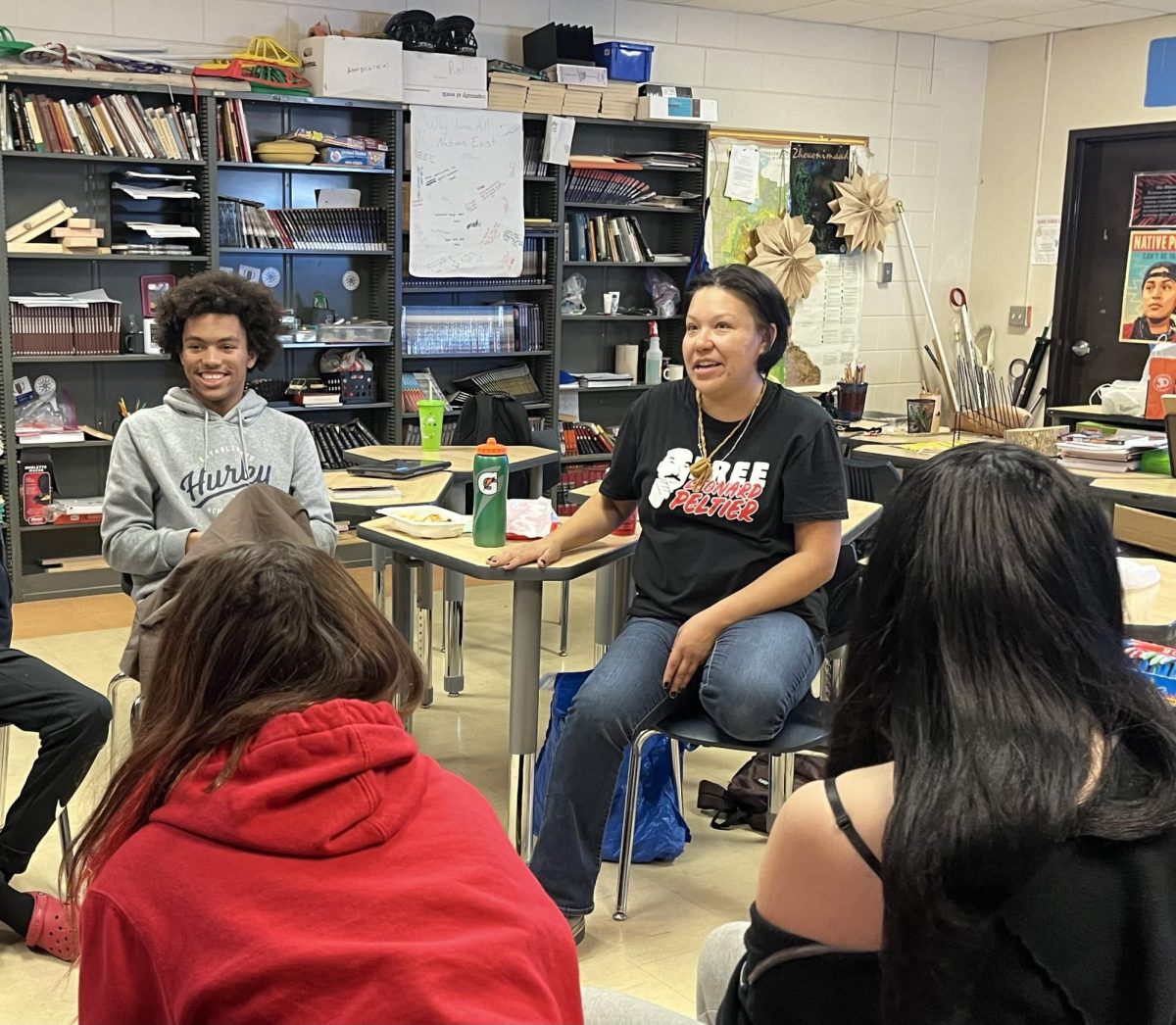
get away today julie smith • Nov 5, 2013 at 5:14 pm
magnificent submit, very informative. I ponder why the other specialists of
this sector do not understand this. You must continue your writing.
I’m sure, you have a great readers’ base already!